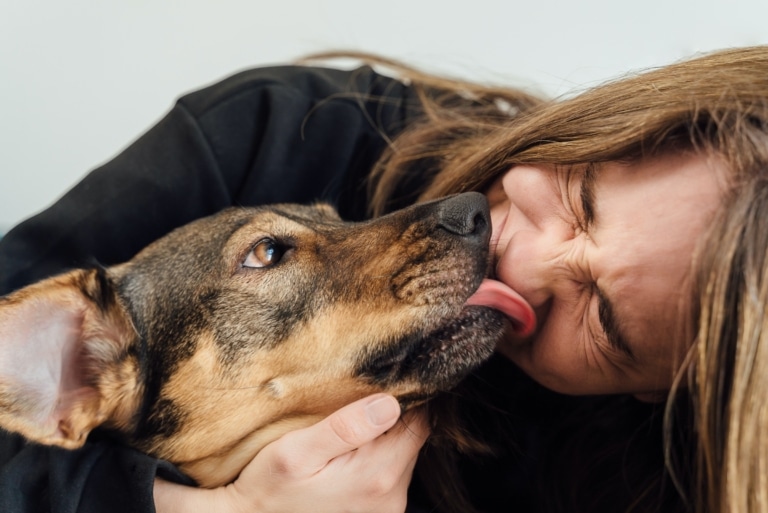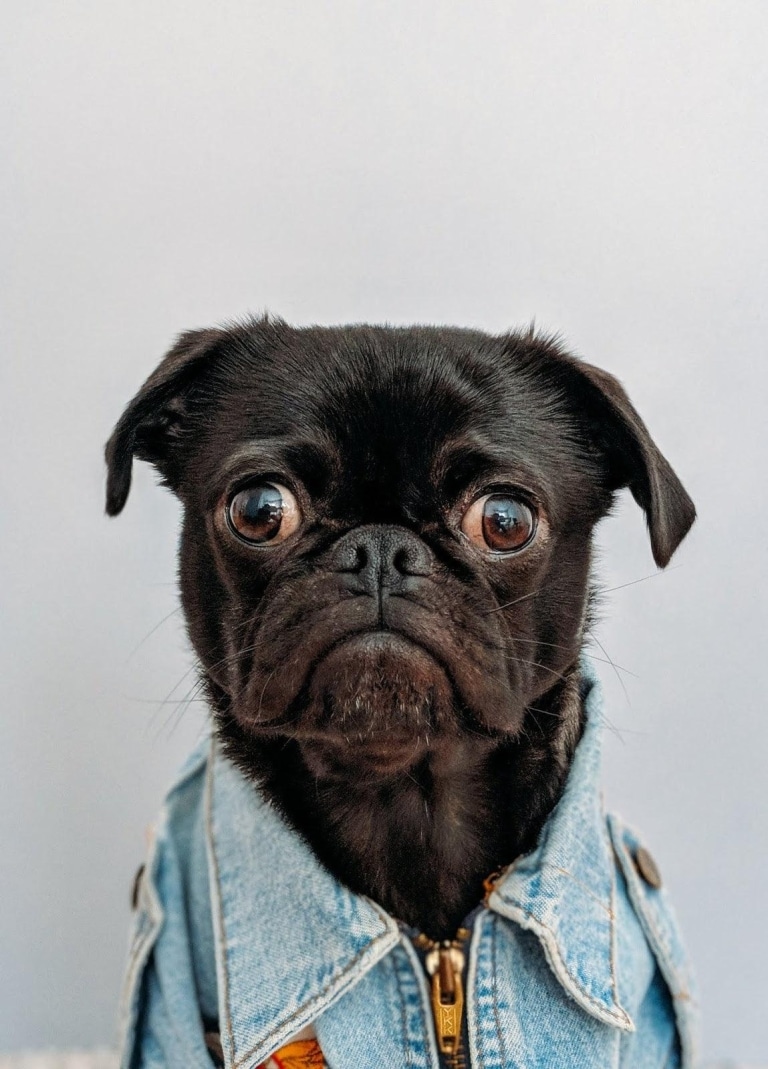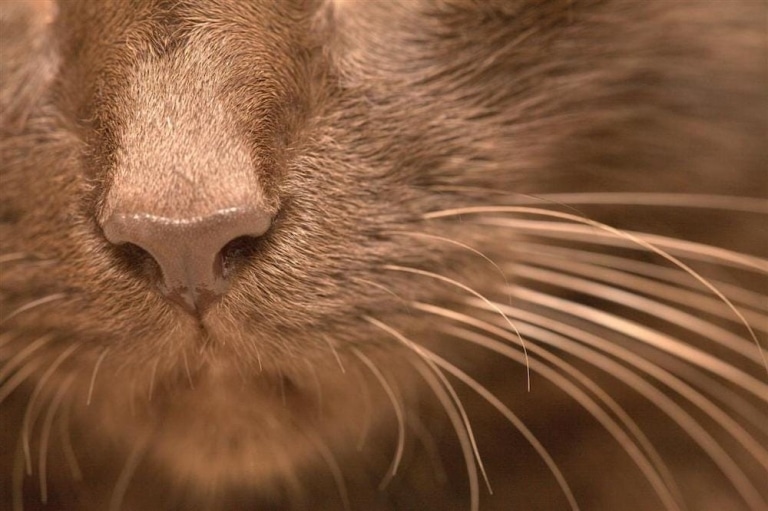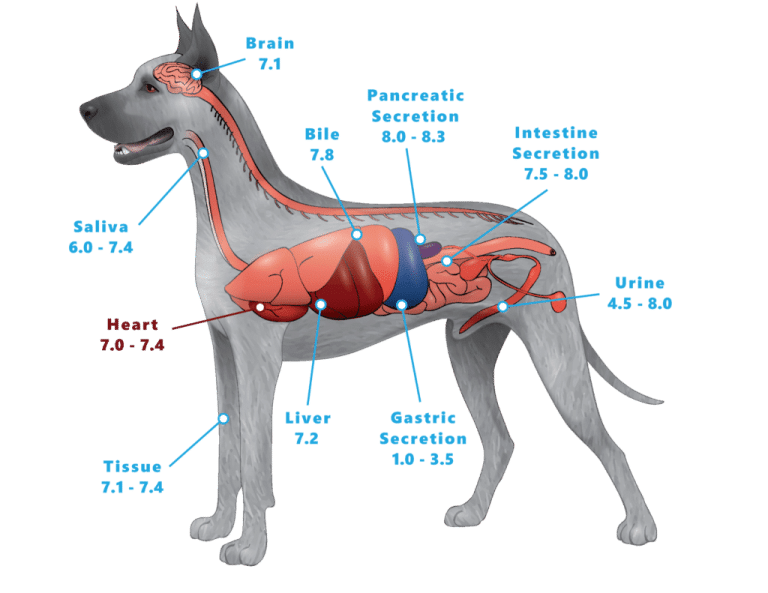- Introduction
- Causes of dog licking
- Should I be worried?
- Myths about dog licking
- Conclusion
If you’re a dog owner, you’ve probably already noticed that your pooch is a fan of licking. Scientists have been interested in this behavior for quite some time. They started studying this topic systematically around the end of the 19th century and are still studying it today. Ethology (the science of behavioral features of animals) tries to explain why our four-legged among other animals in a special way like this activity. Perhaps it’s their instincts? Or is it just a way for our inquisitive Fluffies to gather information? Or perhaps they show their affection and affection in this way? These are the questions that ethology poses. It brings people closer to interpreting the behavior of dogs, because if we call them Friends, shouldn’t we learn to understand them?
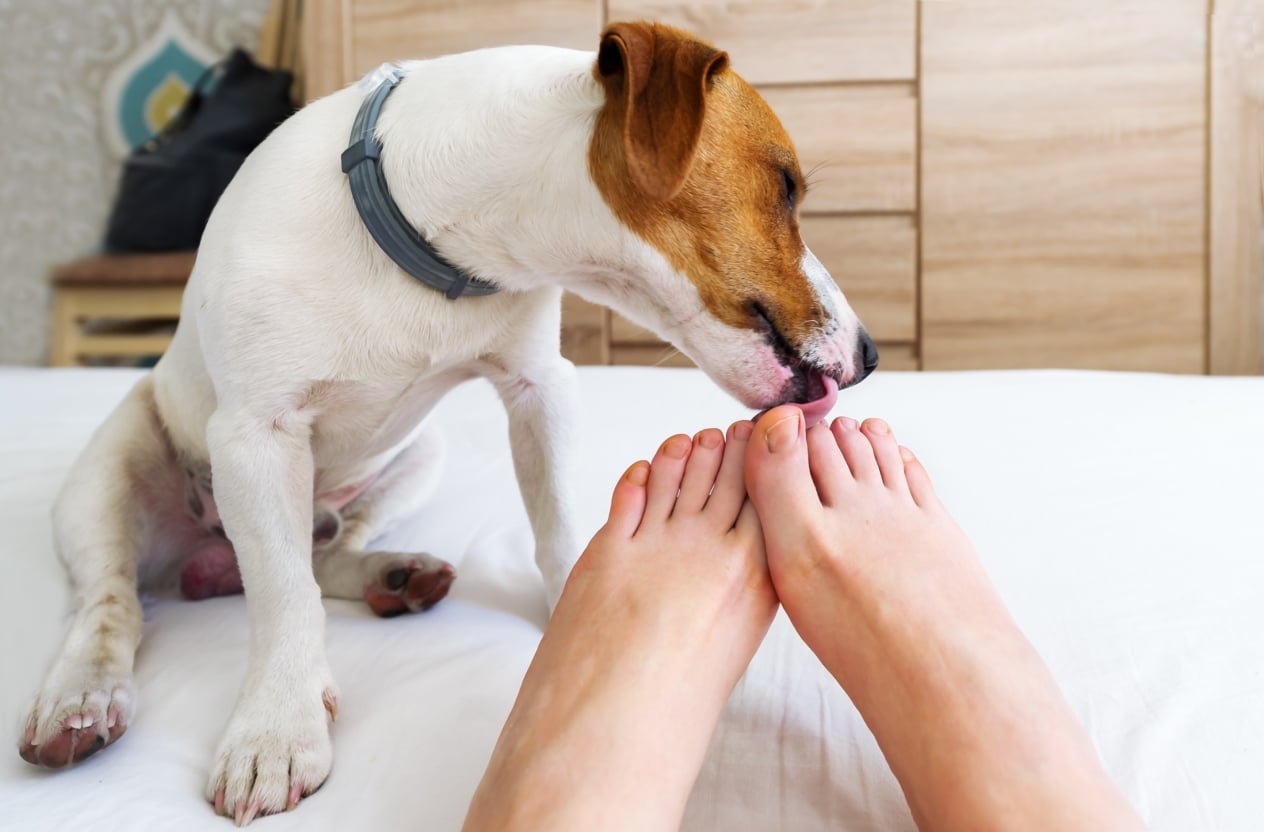
Causes of dog licking
Wondering why dogs have the habit of licking, scientists have done a lot of research in this area and have come up with satisfying answers. The reason, according to the researchers, is instincts. As we know, the animal world is guided by them. They help to survive in such, on the one hand magical, and on the other – dangerous and wild environment.
Specialists have determined that licking has several main connotations:
1). Affective connection. Our balls of positivity and affection are often trying to practically show their affection towards their owner by licking. This is how they strengthen emotional bonds and show affection to you. This is a kind of “kiss” with which the animal thanks, loves and appreciates. They do not have language, unlike humans, but this does not prevent them from showing their affection for us.
2). Instinctive care and nurturing. A dog who has recently brought puppies licks them constantly. What this means. It is a unique way of showing care that helps maintain hygiene, demonstrate a warm attitude, reassure in case of anxiety, and promote puppy socialization. By licking its owner, the dog is instinctively trying to take care of its owner, just as it does for its cubs. Especially if the dog senses you are anxious, in a bad mood or stressed, he will try to calm you down by licking you.
3). Endogenous (biological) human odor. It may surprise you, but dogs like the taste of you. More specifically, the salty flavor your body secretes. Explaining this scientifically, it’s worth noting that dogs, like all mammals, have receptors that sense salty taste. The salt (sodium chloride) that the human body secretes is good for the nervous system, and it also has a positive effect on the animal’s muscles as well. As a general rule, the brackish taste accumulates most on the palms of a person’s hands, so this is the area your pooch usually prefers.
4). Exogenous (acquired) human odor. Even if you think your hands are clean, there are microscopic food particles on the skin that can hide from human vision, but they can’t disguise themselves from a dog’s sensitive sense of smell. When an animal smells an attractive odor on your hands, it will start licking your palms to see what kind of food the owner has eaten.
5). Social Analysis. An important component of this dog behavior is the way we receive information. Our hands are the tool that makes the most contact with other objects. Tail’s normal desire to understand where and with whom the owner has been, what they have been doing, or what they have been eating, drives them to seek answers to their concerns. In this way, they gather so much information that we have nothing to imagine. So rest assured that they know much more about you than you can guess.
6). Social Recognition. A dog licks someone who is an authority figure to them. This habit was passed down to them from their wild ancestors, because wolves in a pack build hierarchical relationships. That’s why all subordinates lick their leader, thus showing their respect and obedience. So keep in mind, when a dog licks you, it recognizes your authority.
We have found out that dog licking is a natural and habitual behavior. But is this behavior always positive?
Should we be concerned?
“Licking is one of the main ways dogs communicate with people and each other. It can be a show of love, affection, but it can also be a way of soothing or even expressing pain or discomfort.” So states veterinary behavioral therapist Amy Bottoms, and it’s worth agreeing with. This licking occurs for the following reasons: nervousness, lack of attention, hunger, thirst, pain, discomfort. If you want to understand what your dog is talking about during licking, it’s important to learn to notice the context and conditions of the behavior.
When an animal has experienced stress, it may lick its owner to relieve its anxiety. Stress in a dog can result from painful treatment or injury, loud and sudden sounds (gunshot, thunder, screaming), and sudden changes in the environment. During the licking of a loved one, the animal’s body stimulates the release of endorphins, which have a calming effect. Licking can also indicate discomfort or pain in the body caused by illness or injury. This is a form of stress, as the painful sensations cause the dog to become agitated, and in this way he is trying to calm down and ask for help. Also remember the last time you fed your Pet, as licking may have the connotation of a request to feed him or give him a drink. Or perhaps your dog has just been playing outdoors with his favorite owner for a long time, and really needs some of your time and attention.
Myths about dog licking
Even before scientists began to meaningfully study canine psychology and the peculiarities of animal behavior, people limited the meaning of licking to the fact that the dog simply shows friendliness, or licks the remnants of food from the hands of the owner. And even in ancient times people gave such behavior a mystical meaning.
First, it was believed that the saliva of the dog contains healing power. Such conclusions were made on the basis of observations, because dogs always licked their wounds. Modern science refutes this opinion, because despite the fact that their saliva has in its composition compounds that slow down the development of some harmful bacteria, it contains a lot of pathogenic bacteria that can conversely cause infection. Therefore, modern doctors and veterinarians do not recommend practicing treatment with dog saliva.
Secondly, some peoples believed that licking a dog is a sign from otherworldly forces, which can be both positive and negative. Some peoples believed that licking a dog was a bad omen, portending death or illness. Others, in contrast, believed that if a dog licks, it means that something good is coming.
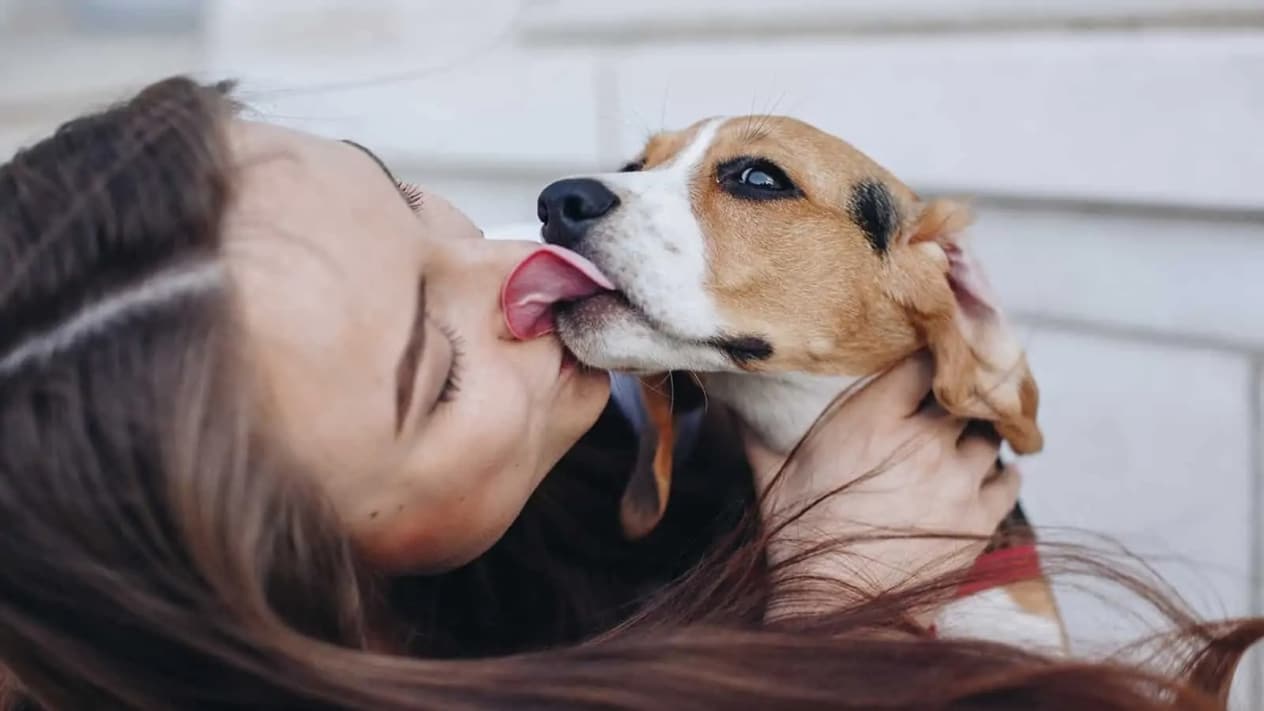
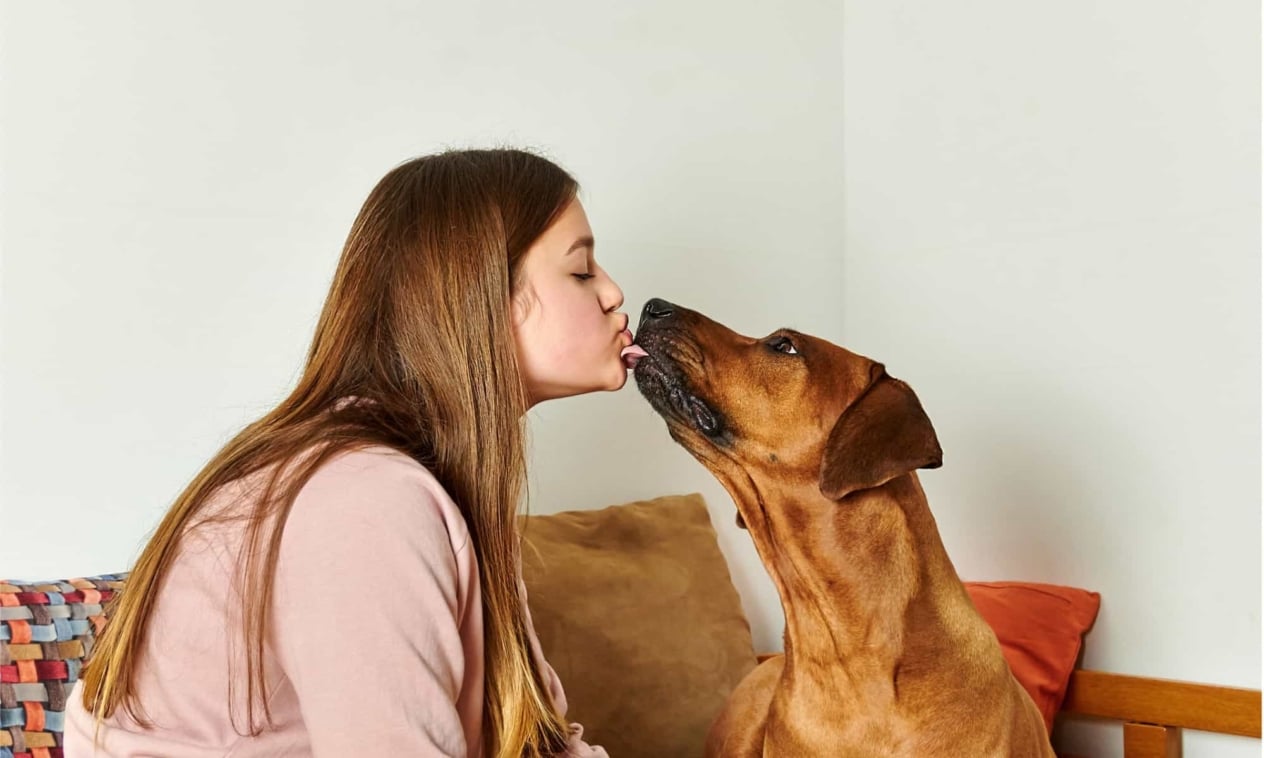
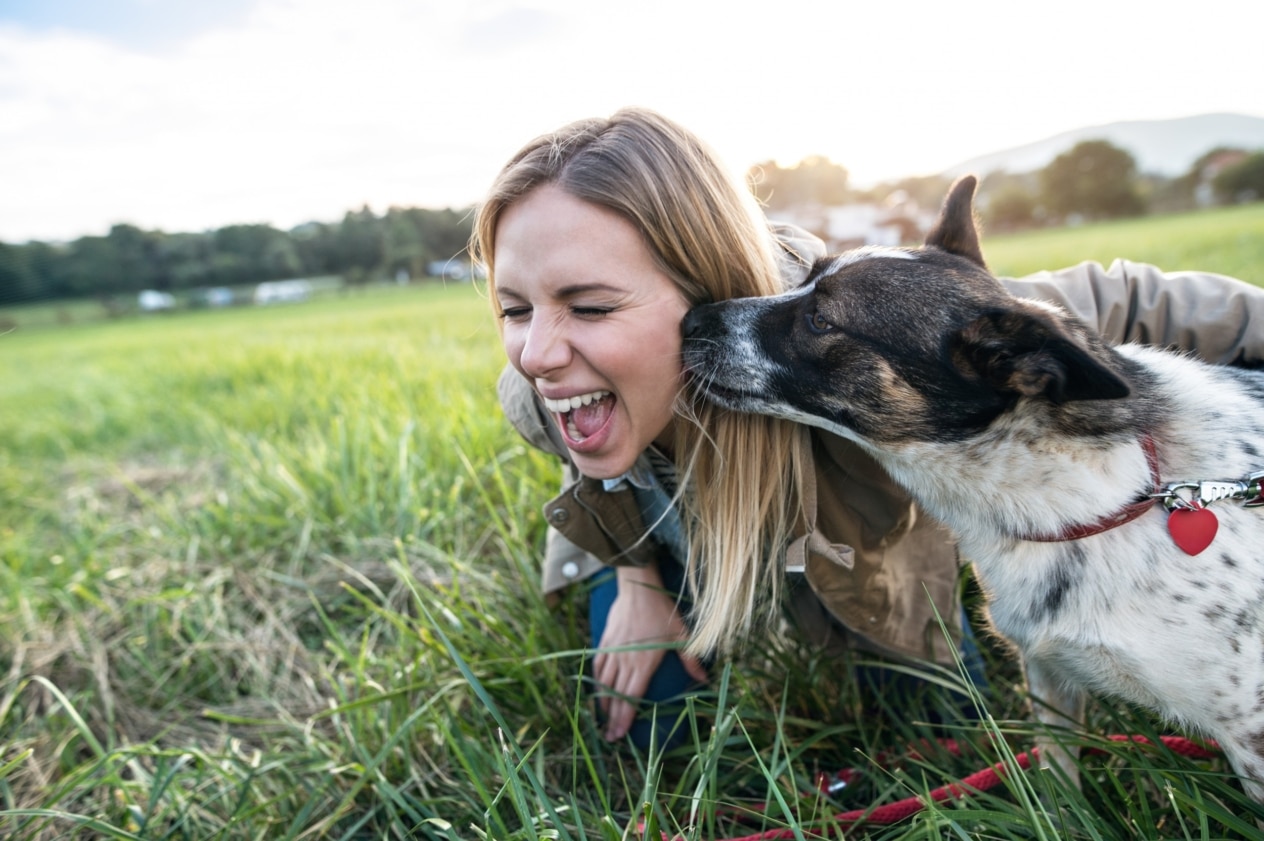
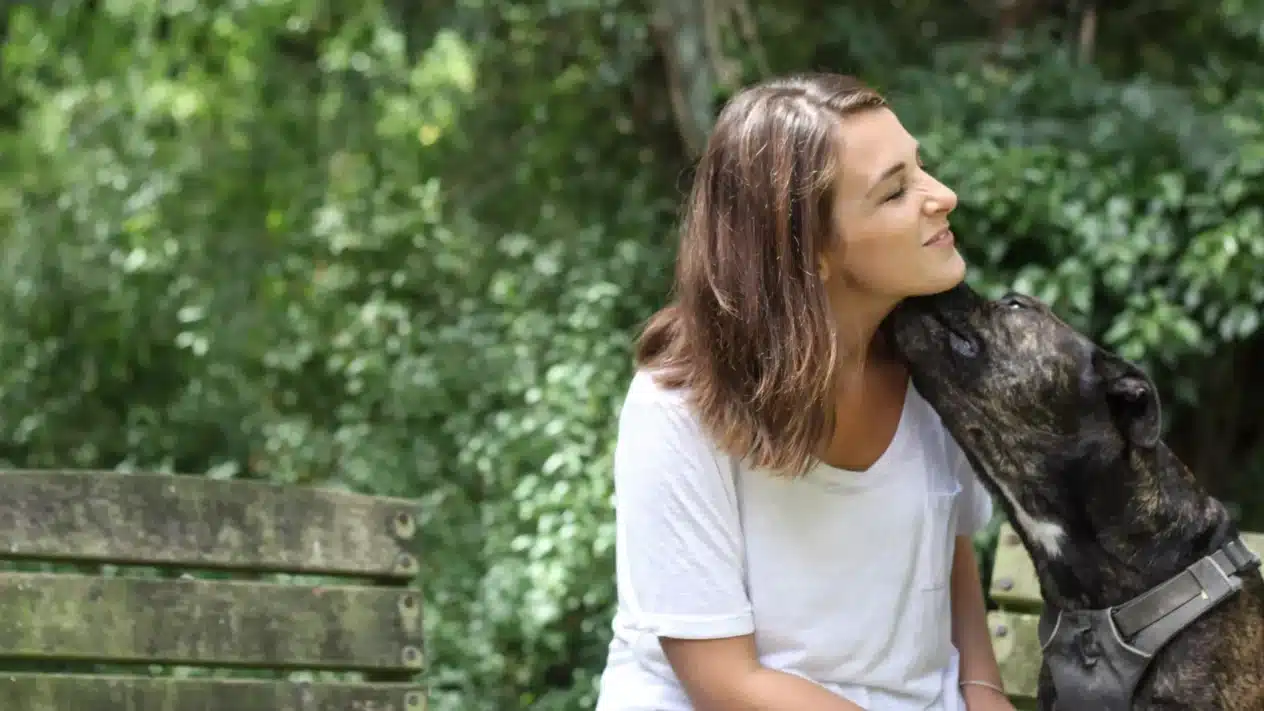
Conclusion
What do we believe? Of course today we do not give dog licking a transcendent meaning, but few people do not enjoy such displays of affection from our smaller companions. Let’s say that licking is a peculiar way of social interaction, thanks to which we can partially understand the language of our animals. However, as you have already realized, it is important to take into account the context of such signals, because not always the Dog licks you for pleasure, sometimes he is trying to say that he needs your attention and help. But if you find it difficult to understand the nature of licking his tail, you need advice or there are general questions about the strange non-verbal signals of the animal, we advise you to contact a cynologist or veterinarian to eliminate negative consequences. Also, do not forget about timely grooming. Relaxing grooming will reduce the risks of psychological anxiety or stress in your dog. Plus, it’s a great way to spend quality time together and improve your dog’s mental well-being. Our V.O.G. DOG SALONs work to improve the life of your little Friend and to strengthen your relationship.

